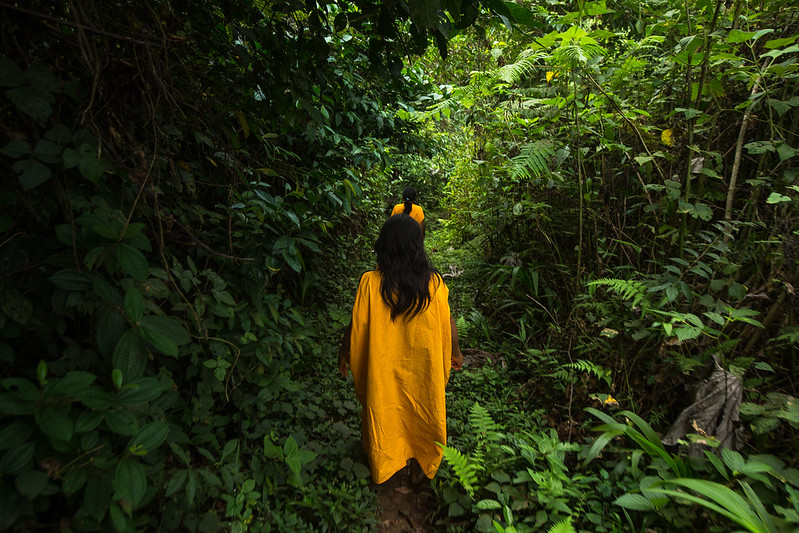
The statistic seemed to crop up everywhere. Versions were cited at UN negotiations, on protest banners, in 186 peer-reviewed scientific papers – even by the film-maker James Cameron, while promoting his Avatar films. Exact wording varied, but the claim was this: that 80% of the world’s remaining biodiversity is protected by Indigenous peoples.
When scientists investigated its origins, however, they found nothing. In September, the scientific journal Nature reported that the much-cited claim was “a baseless statistic”, not supported by any real data, and could jeopardise the very Indigenous-led conservation efforts it was cited in support of. Indigenous communities play “essential roles” in conserving biodiversity, the comment says, but the 80% claim is simply “wrong” and risks undermining their credibility.



















